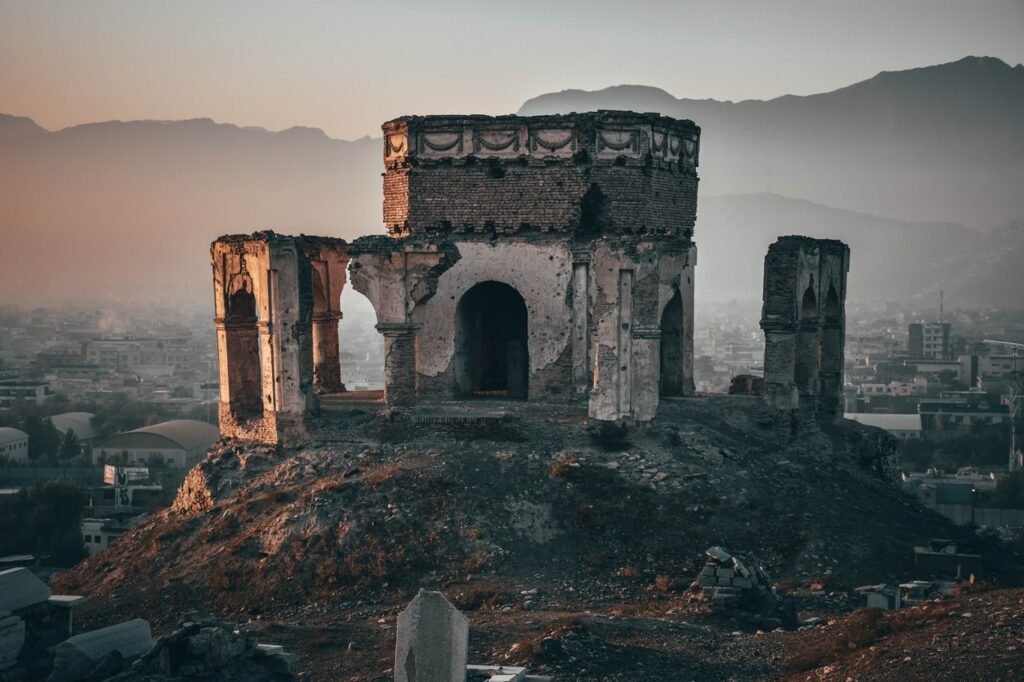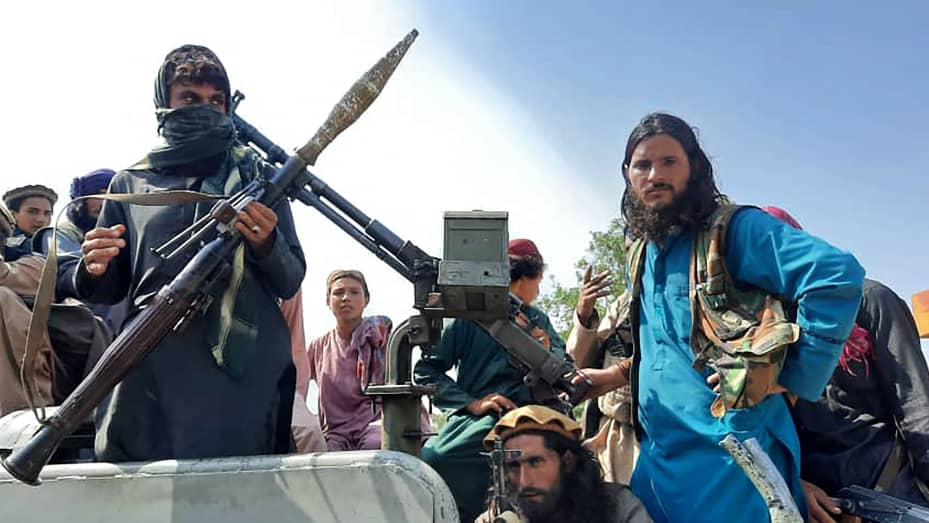By Vasiliki Theodosiou,
With news outlets worldwide talking about the ‘return’ of the Taliban in Afghanistan, and with the latter experiencing the flee of its President and his US-led government, things do not appear to be great for the country and neither for anyone else outside of it.
9/11 and its tragic events seem to keep resurfacing, with an inability of any international leader anywhere to be in a position to say that the matter belongs to the past once and for all. And the worst part of it is that they have been so many plans and discussions on leaving the past behind and on rebuilding a nation that has historically been hit by war not once, not twice but multiple times. And all of these plans have gone to waste and so have the lives of all the people who have unwillingly been drawn to the middle of this mess.
We tend to think of Afghanistan as a deserted area full of gunfire, battles, and individuals dressed in clothes that bear no resemblance to the western style, but the truth is that Afghanistan is so much more than that. It has men, women, children, workers, students, artists, people who have tried to build their lives from scratch, people who were forced to leave their homeland, to see their close ones’ dead, people that hoped for a peaceful change. And yet another normal Sunday comes to prove that the dream of peace is far from becoming true.
Within the course of only a few months, the Taliban have gained control of most of the strategic and geographically critical locations, bringing along its longstanding relationships with Al-Quade and the lethal combination of resources, personnel, and plans. And history might be here to prove that this is only the beginning and that the fact that the media mentions of Islamic extremism and foreign fighters and troops had ceased for a while, did not necessarily reflect the actual reality. Extremism has always been there, as an ideology, as an action. And so has the Taliban. As an ideology, as a group, as a dot on the map that became dots on the map, that became the actual map of a country. A country that has attempted to become a decent, normal state only to fall back into weakness once more.

No matter your personal, political, ideological, spiritual, or religious beliefs, if there is one thing to take away from this small piece of written material, it would be the following: yes, keep yourself informed on what is happening around the world. Yes, follow politics, politicians, international leaders, and their discussions on the matter. And yes, form your own idea or opinion on it. But please, never ever forget that regardless of its prominent depiction as a power game, remember that its main players are not the people who seem to run it, but rather the people who experience the war reality on a daily basis facing the impact of decisions taken behind desks miles away.
In fact, let us make the takeaways of this reading two, and let us add one more: just because a matter is not being talked about, it does not mean that it is not there. Just because nobody mentioned the Taliban six months ago, it does not mean that the Taliban stopped its operations or stopped spreading its ideology due to the lack of interest of western media on the matter. It was always there and always will be whether that is reflected in militaristic numbers or not. And just because we read about a matter that seems to be foreign and not directly related to us, it does not mean that the matter is not there anymore. It is here and so are its victims and so are we and our obligation to look at their story through their eyes as at the moment this is the most real and yet impartial view one could have on the matter.
References
- The Guardian. What does the Taliban’s return mean for al-Qaida in Afghanistan? Available here
- NPR. Biden’s Choices In Afghanistan Were Complicated. So Is The Fallout He Faces. Available here
- The New Yorker. How America Failed in Afghanistan. Available here




